Last month, thousands of participants joined the Walk for Reconciliation in Vancouver. People filled Georgia Street, taking over the viaduct stretched across unceded streets while holding babies, homemade signs and corporate-sponsored banners.
The crowd, led by a line of red regalia, cedar hats and drums, spilled into Strathcona Park, forming long lines at each food truck and vendor. For more than four hours, politicians, musicians and community representatives took to the stage, sharing stories and songs and calling for action.
A late September sun smiled down in approval. This kind of reconciliation was a walk in the park, literally.
But what happened when the vendors served their last cup of coffee and the bannock ran out? Or when vendors headed home and the musicians wrapped up their drums until the next event or ceremony?
Reconciliation can be defined as “the restoration to friendly relations.” Critics of the term ask at what point were relations between Indigenous and non-Indigenous peoples agreeable?
In his recent speech, at the UN General Assembly , Prime Minister Justin Trudeau referred to reconciliation as “working together, respecting our differences, protecting the vulnerable and standing up for the things that matter most.”
Trudeau dedicated more than half of the 30-minute speech speaking about the inequities imposed on Indigenous communities in Canada. But as the prime minister, Trudeau has been criticized for staying in the realm of rhetoric and doing little to change the policies and laws that continue to dispossess Indigenous nations.
In an interview with CBC News, Pam Palmater, chair of Indigenous governance at Ryerson University, critiqued the prime minister for making it seem like all of the problems imposed onto Indigenous communities were a thing of the past, rather than ongoing crises.
“He conveniently forgot to say that the major contributing factor to all of these socioeconomic problems that exist today in First Nations are because of current laws and policies, current political decisions and current failures to protect basic human rights,” she said.
Many Indigenous peoples in Canada don’t have a choice on whether they’re working towards reconciliation. Their mere survival of colonial systems and efforts to restore families and heal communities means reconciliation.
I spoke with three Indigenous women whose work and lives are steeped in bettering the lives of Indigenous people. Here’s what they had to say about practical ways to continue efforts for reconciliation beyond just a day, march or words.
Diana Day: Reconciliation is education
Diana Day is a COPE (Coalition of Progressive Electors) Vancouver school board candidate whose primary concern is culturally safe access to education for youth. She is a member of the Oneida nation in southwestern Ontario, but has lived and worked in Vancouver since 1983.
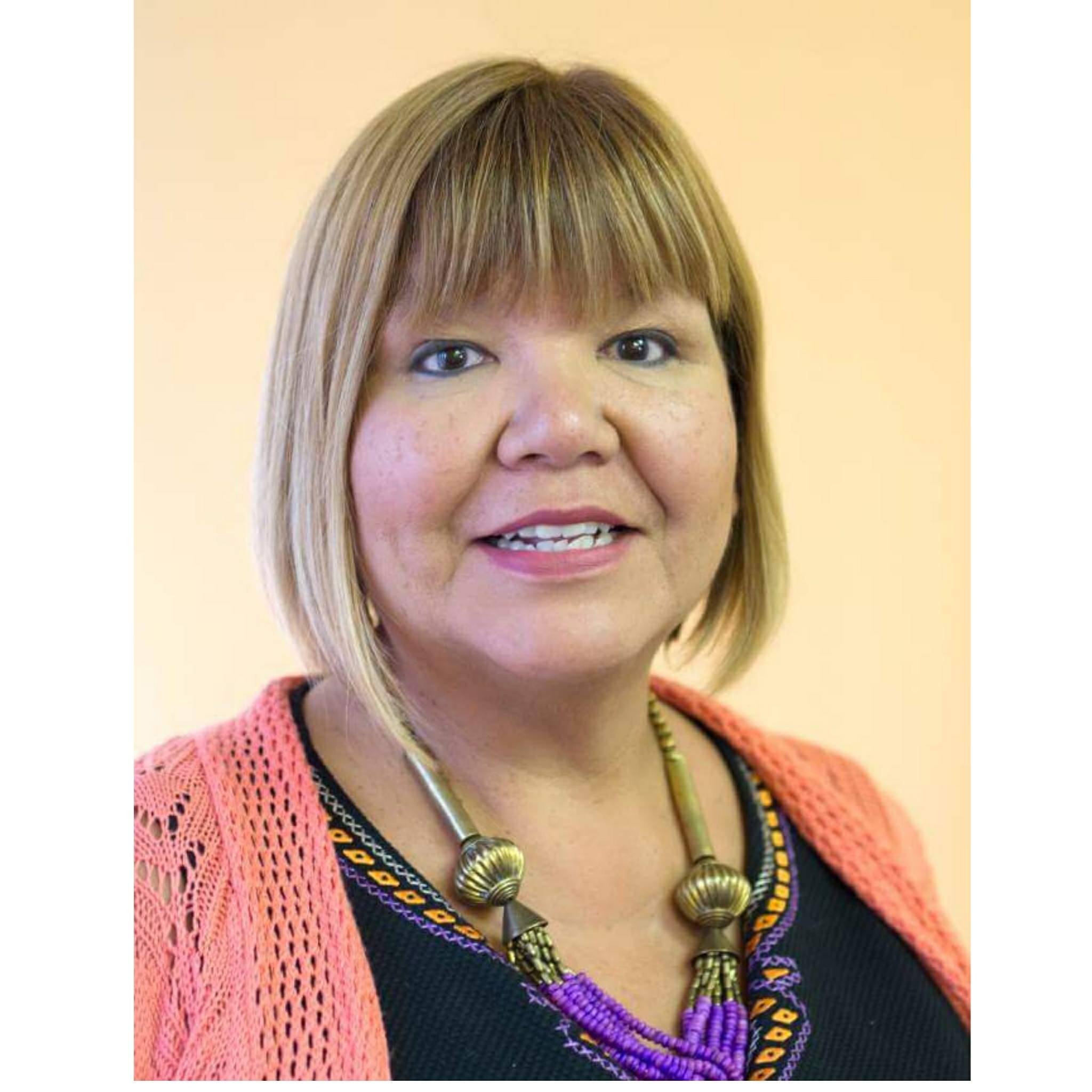
Day works with Indigenous Women Rise and the Pacific Association of First Nations Women, funded through Vancouver Coastal Health.
For Day, reconciliation is meaningless without its counterpart of truth.
“When the TRC came out, we were talking about truth and reconciliation, but now it’s just reconciliation. That’s a concern,” she said over the phone. “Education is essential. Reconciliation begins with education and with the truth. Reconciliation is not possible until every person is aware of the true history of Canada and the devastation it caused and continues to cause.”
Day advocates for a school curriculum that includes Indigenous history, culture and teachings at each grade level. Day’s daughter is in her third year at Langara College where she enrolled in one of the only Indigenous-related courses available, an Aboriginal women’s course. The course is taught by a non-Indigenous instructor, Day said, and while she appreciates that non-Indigenous instructors are taking on the teaching challenge, she believes Indigenous youth need to be supported in high school to reach the post-secondary level and become educators themselves.
“I want to see a high school, in Vancouver, that supports Indigenous students and students that want to learn Indigenous perspectives, and graduates students to post secondary,” Day said. “And I want to see courses open to local Indigenous knowledge keepers.”
If allies want to support real reconciliation in Canada, she said, they must make their voices known and heard, join advocacy groups and get out to vote for the candidates pushing helpful policy.
And though she didn’t always hold this opinion, she says Indigenous people need to vote more, too.
“I didn’t always vote. I never voted in the 1992 referendum. Some feel like it won’t make a difference even if we do vote,” she said. “Others feel like we’re not a part of the system. I felt that way, too, at one time.”
But there isn’t a choice on the overlap between government and the lives of Indigenous people, she said, referring to the hot water boil advisory in many Indigenous communities. Not voting hasn’t changed the situation for communities living in drastic levels of poverty in Canada, she said.
“My mother didn’t have the right to vote until 1960 and when she got that right, she was passionate about it. I recall going to the polls with her as a youth,” she added.
From once refraining to vote, now Day is excited to be the only Indigenous parent running for Vancouver School Board in the upcoming byelection. She believes getting Indigenous people and allies in the Canadian legal and political systems is a practical strategy to advancing causes, especially for culturally appropriate education.
Kamala Todd: Reconciliation is accountability
Kamala Todd is a Metis-Cree urban geographer and filmmaker born and raised on unceded Coast Salish territories, otherwise known as Vancouver. She has a master’s degree in geography from UBC, makes films and writes about the stories and cultures layered within the Indigenous lands upon which she calls herself a grateful visitor.
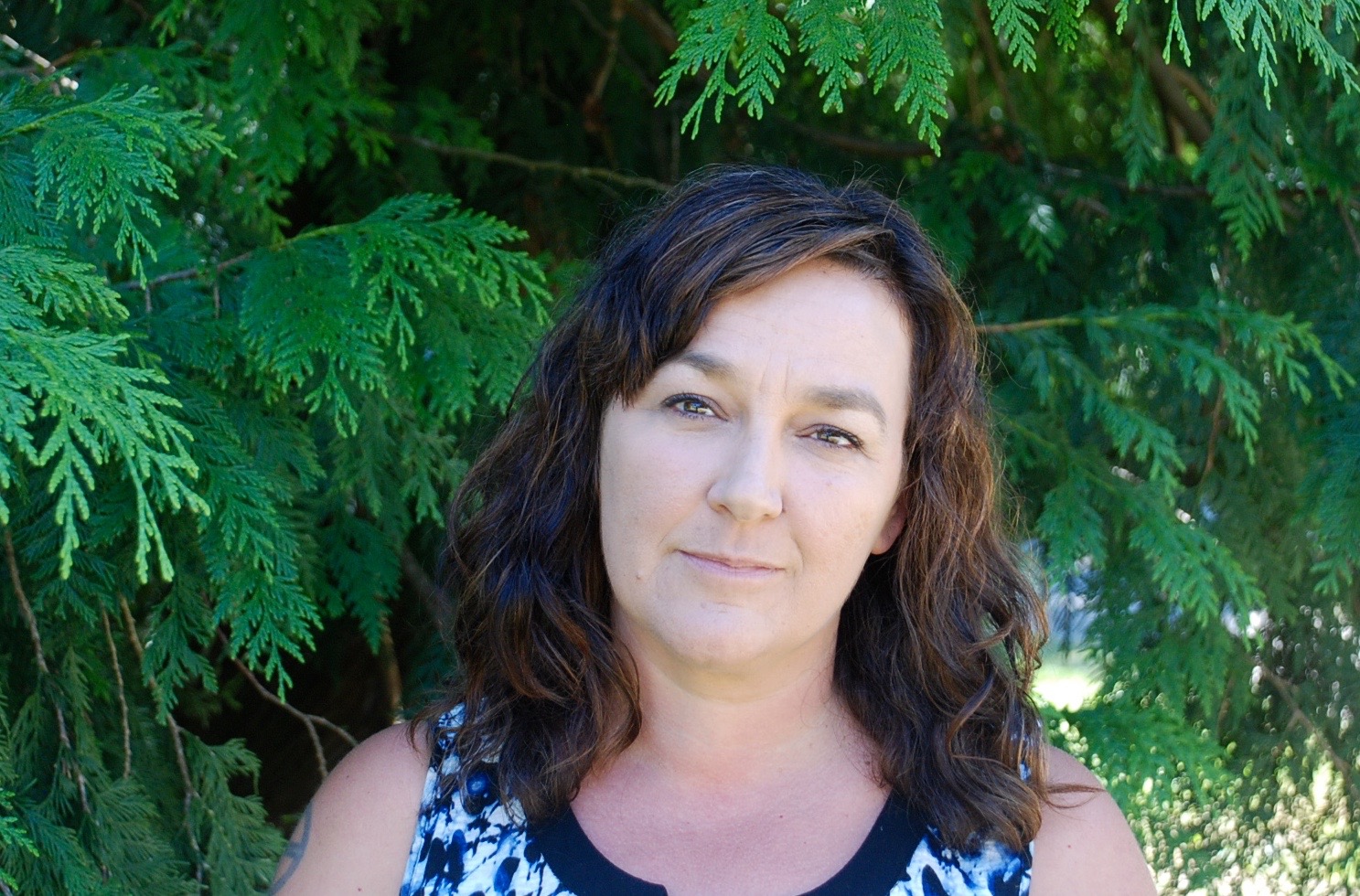
Todd was the City of Vancouver’s aboriginal social planner for six years. She continues to work with the city as an independent consultant “helping build relationships within the context of conciliation,” she said.
Speaking over the phone, she said she’s heartened that reconciliation is such a huge focus and topic in Canada. She sees an increase in media coverage on issues that affect Indigenous communities, but she’s still concerned about the mainstream discourse on reconciliation.
“I think the dominant culture still sets the agenda,” she said, adding that non-Indigenous people tend to have a shallow understanding of what reconciliation requires and why it is required.
“I don’t always see people recognizing that it’s about colonialism, power imbalances and the systems that perpetuate the suffering, inequality and racism,” she said. “The only way to address that is to address colonialism and our history of white Canadian and white settlers believing themselves to be the founders of this country.”
That belief about the history of Canada creates a narrative that European settlers are the default Canadians and the core culture to which other cultures add “colour,” she said.
“My work helps people know they are in an Indigenous place, know that the people are here and they need to respect their laws and rights,” she said.
Todd created Storyscapes, a community arts project to help bring greater recognition for the many diverse stories of Indigenous and urban Aboriginal people in Vancouver.
This work included a partnership with National Film Board to create Our City Our Voices, an oral history video project, recording Indigenous stories with youth, elders and residents of the Downtown Eastside.
“To me, it’s about the land and the people who know the land,” she said. “That means really getting to know the land and recognizing the thousands of years of history. People are still here and deserve to be a part of shaping their land, having a voice and visible presence on their land.”
That’s one way we can move past a history of exclusion, she said.
“If I hear someone is doing an exhibit, story, book, event about Vancouver and they’re not including the Indigenous nations, I’ll approach them,” she said. “Other people can do that as well.”
Todd recently joined celebrated Musqueam artist, weaver and writer Debra Sparrow for a co-curated talk Blanketing the City: Musqueam Stories at the Vancouver Lookout. With a 360 degree view of the city, they spoke about uncovering the Indigenous past, present and future of the urban space.
If allies in Vancouver want to do the same work, Todd said they can visit the websites of the Squamish, Tseil-Waututh and Musqueam nations for educational resources on how to get started and remain accountable.
Dawn Morrison: Reconciliation is food sovereignty, land and territory
Dawn Morrison is Secwepemc through her mother and grew up on her territories, where she developed a loving and intimate relationship with the land. Morrison, having worked in horticulture and botany for over 20 years, founded a working group focused on strengthening Indigenous food sovereignty in B.C.
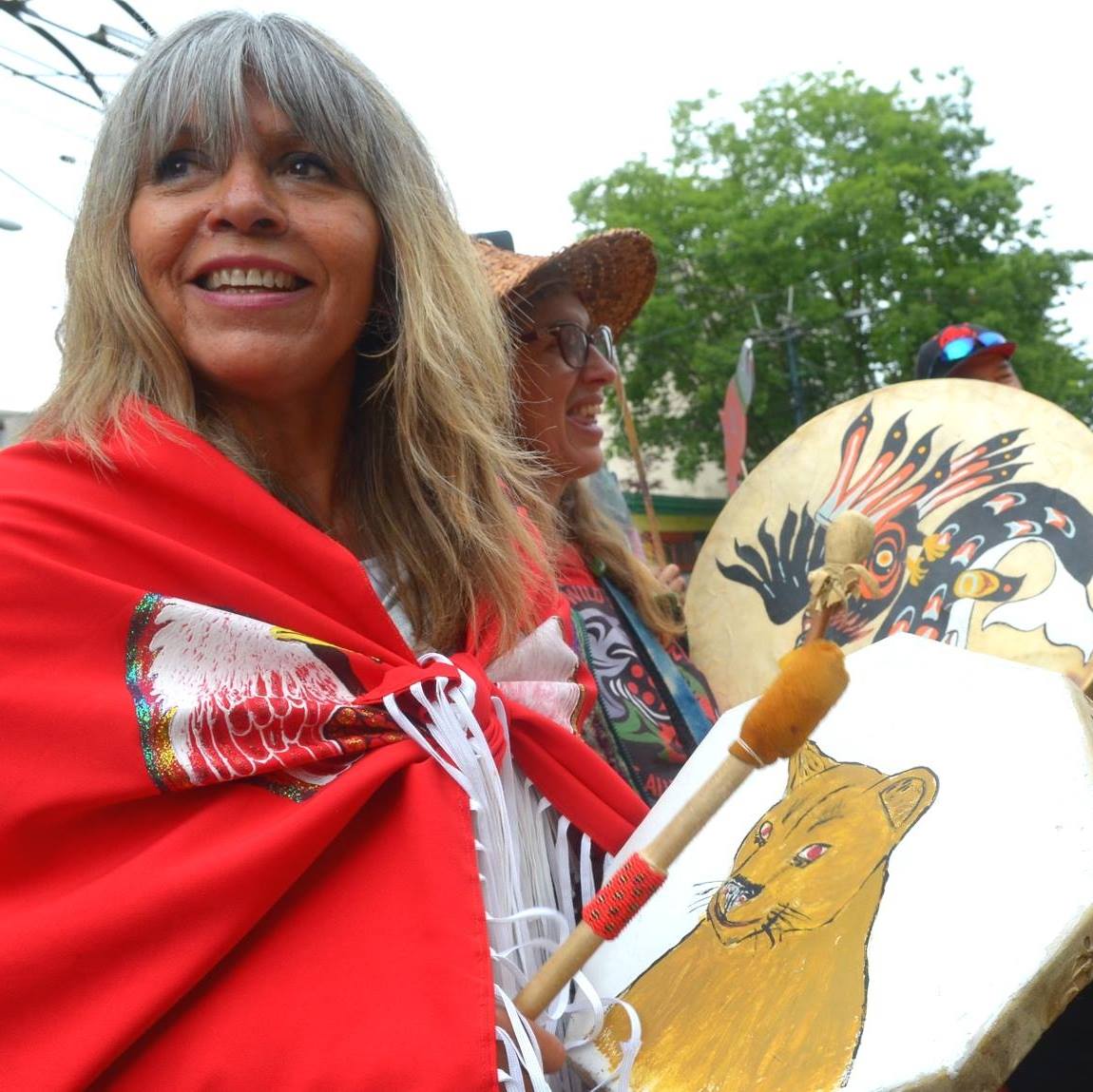
“As Indigenous peoples, we’re really tired,” Morrison said over the phone. “We’re on the front lines, leading the struggles to protect the water, the land, the wild salmon and it seems like it’s just one issue after another.”
Morrison’s home community is in a critical state of climate chaos, she said, from flooding in the spring, catastrophic fires this past summer, the Mount Polley mine spill — the largest environmental disaster in Canada, to their most important food source, the wild salmon, dwindling every year. Morrison said the community is grieving the loss.
“Our people have been the stewards of the headwaters, the place the water flows from the highest mountains, through the rivers, into the ocean,” she said, adding that the name Secwepemc translates into “the stewards of headwaters” in their language.
That’s why Morrison has dedicated the last 10 years of her life as a part of a working group on Indigenous food sovereignty. The working group focuses on three major components: decolonizing research and relationships; developing alternatives to resource-based extraction; and organizing a wild salmon caravan that takes place Oct. 7 to 12.
As a part of decolonizing research and relationships, the working group collaborates with universities, researchers and independent organizations to host conversations on sustainable food systems. The group investigates points of contention between traditional Indigenous food systems, like fishing, hunting and gathering, and the Canadian agricultural food industry.
“The agricultural food system is what originally led to a legal doctrine that has dispossessed Indigenous peoples and built up this huge empire based on the intensification of food systems,” Morrison said. The group examines the gaps between these different ways of thinking about and relating to land and water, and tries to identify the potential for alternatives.
“We need a new framework for policy, research and development,” Morrison said. “We need to shift the paradigm away from productionism and resource-based extraction, and look at more regenerative paradigms, based on holistic health models.”
The working group is developing proposals that would provide communities with alternatives to resource-based extraction. They are developing an online toolkit that would cross-fertilize small-scale market economies with Indigenous giving, sharing and trading systems that have existed for thousands of years, Morrison said.
The working group is in the final stages of preparing for the fourth annual Wild Salmon Caravan, whose purpose is to revitalize intertribal relationships and celebrate the spirit of wild salmon.
Morrison said the parades, events and celebrations within the host communities have created a strong network of people across cultures who want to support Indigenous leadership at the grassroots level.
“It’s a beautiful expression of reconciliation,” she said. “But beyond relationships, there’s a lot of work to do. We need to form, influence and create an adaptive policy framework that will help to make change quickly.”
Morrison said a system designed to be divisive and imperialistic is not a system that can be used to dismantle inequity imposed on Indigenous communities. What’s needed, she said, are autonomous organizations at the grassroots level.
Morrison said it is impossible to ignore the question of land and territory.
“A lot of Indigenous people live in postal stamp-sized reserves,” Morrison said, a fact Trudeau failed to mention during his speech. “That’s imposed poverty: 0.2 per cent of the land has been given to Indigenous people, yet we rely on a vast landscape of territories for our food harvesting.”
To have deep and meaningful reconciliation and to achieve real food sovereignty in communities, Indigenous people need a bigger land base, she said.
“There are some land owners who are willing to donate their land back,” Morrison added. Part of her working group’s proposal focuses on tool kits that would make that transfer possible.
But Morrison said the urgent question of land and water shouldn’t just concern Indigenous people. It should concern everyone, just as conserving Indigenous biodiversity and cultural heritage benefits all of humanity, she said.
“Reconciliation could be a beautiful thing for all people,” she said, adding that she understands that it can be a difficult and uncomfortable process. But Morrison remains confident that reconciliation, centred around the land and water, will always be worth the struggle.
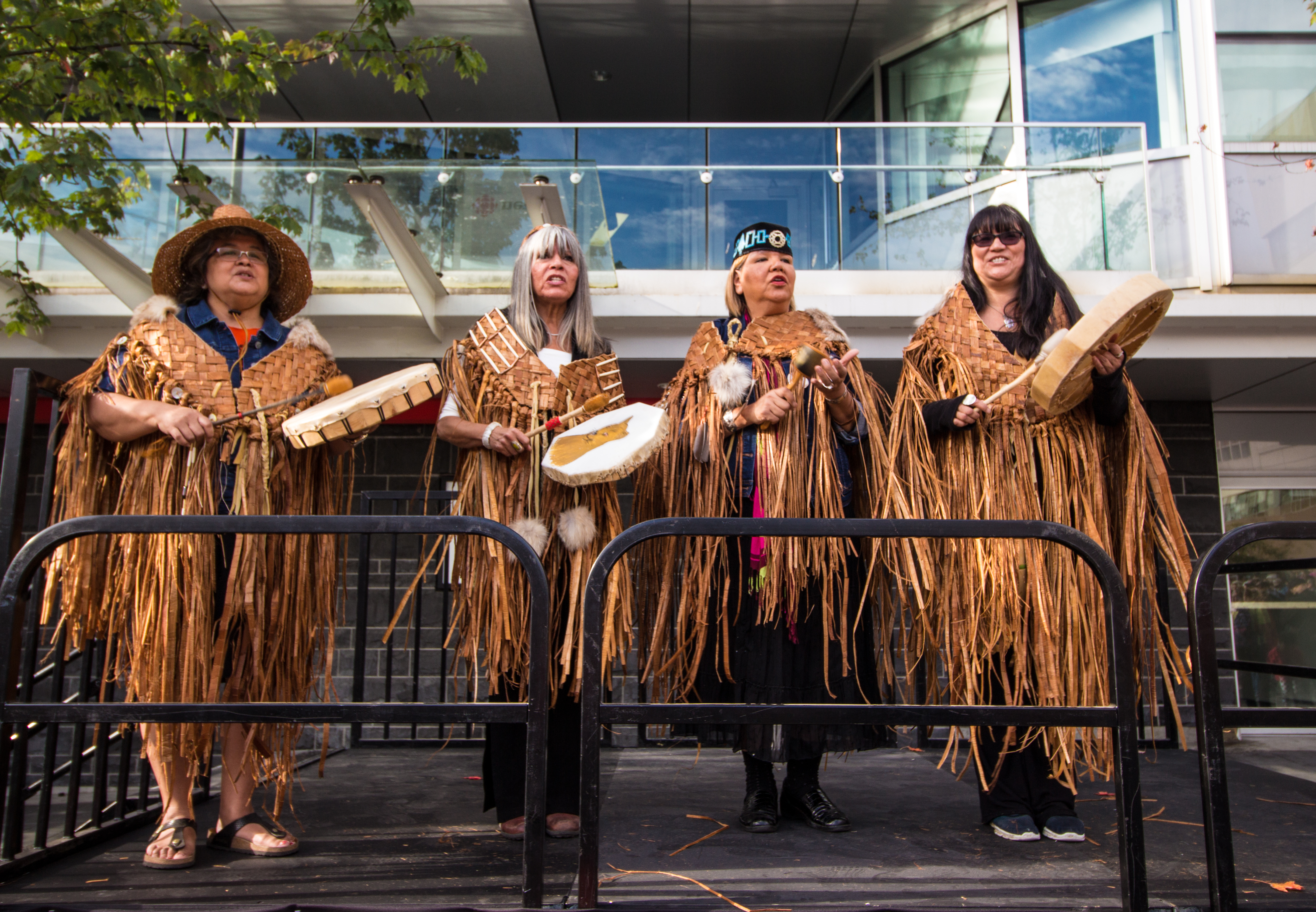
Read more: Indigenous


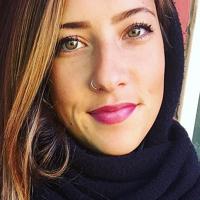
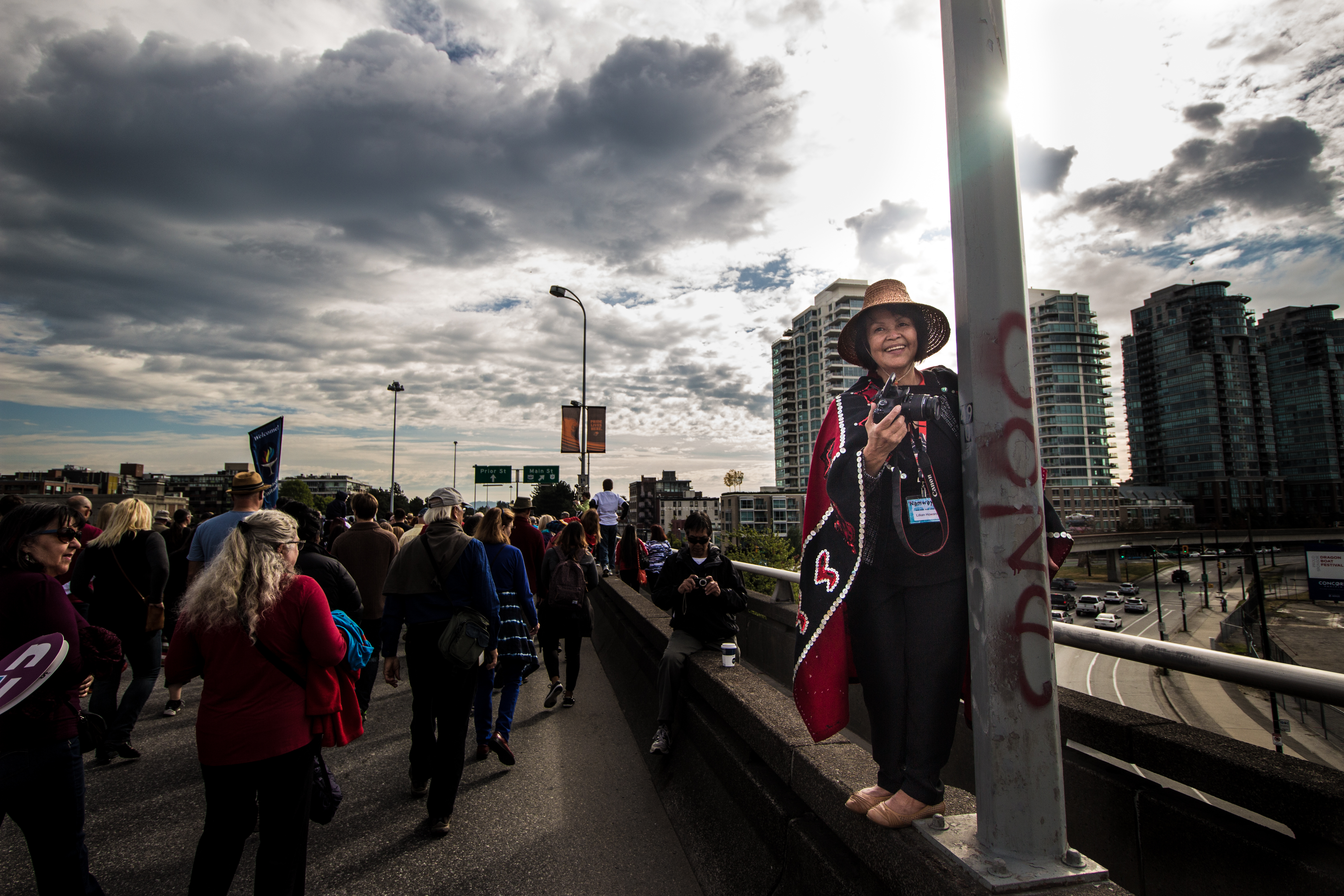












Tyee Commenting Guidelines
Comments that violate guidelines risk being deleted, and violations may result in a temporary or permanent user ban. Maintain the spirit of good conversation to stay in the discussion.
*Please note The Tyee is not a forum for spreading misinformation about COVID-19, denying its existence or minimizing its risk to public health.
Do:
Do not: